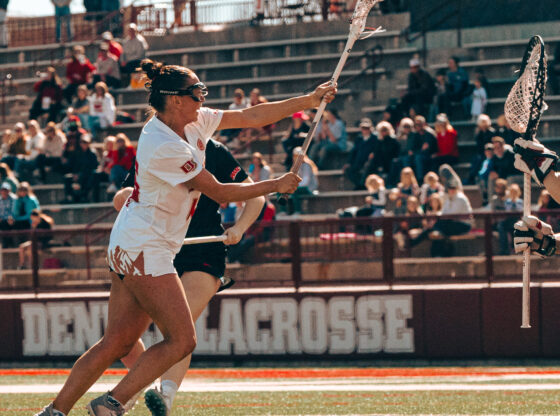Now that the AUSA elections have come and gone, we have a new senate to lead us into the future.
It’s always good to reflect on the election process and analyze what candidates did right and what they did wrong so that we as voters can be well prepared for the next round of elections. Following is a comprehensive guide to the anatomy of your standard AUSA election.
Step one: Put up signs and posters
About two weeks before the election, you’re going to see posters start popping up across campus. Signs extolling the virtues of various candidates will litter the landscape, and the dorms will be plastered almost completely. The more attractive candidates will seize upon this moment to put pictures of themselves everywhere. They’ll pull into the lead as the uglier applicants must rely solely on their campaign message, keeping their faces obscured for as long as possible.
Step two: Tabling and personal introductions
About a week before the election, every candidate will quite abruptly become your best friend. As you pass their tables and booths outside Sturm Hall and on Driscoll Bridge, they’ll eagerly run up to shake your hand and give you some flyers. Again, the more attractive candidates claim the advantage. A shapely young woman greeting you warmly and asking if you’re planning to vote is much more conducive to democracy than a pizza-faced ginger kid gangling up and incomprehensibly lisping the main points of his campaign in your general direction.
Of course, the illusion that these candidates care about you ends up shattering itself rather quickly. When a single candidate introduces himself and tells you what seat he’s running for three times over the course of an hour, you start to get the feeling that maybe he’s not really interested in you.
Get your fill of attention though because like any relationship, once the candidates have tapped that sweet vote of yours, you won’t be hearing from them again.
Step three: Conceding gracefully (i.e. blasting opponents on Facebook).
Once the winners are announced, most of the losing candidates will make a statement on Facebook, thanking all those who voted for them. Some will wish their victorious opponents good luck in the coming year and concede with dignity and grace.
Some will do this, but then also explain to everyone why they lost and how it’s not their fault and if this weren’t a popularity contest or if more people had bothered to vote, they’d have had it in the bag. Others will simply complain to anyone who will listen about how terrible their opponents are. This can range from a subtle warning along the lines of “I hope you guys are happy with how things turn out, because you have no one to blame but yourselves,” to the more extreme, “Way to elect a baby-eater, jerks!”
With this information, you should be well prepared to make an informed decision about the candidates when elections roll around again next year.
And candidates, you could learn a lesson from this as well. Namely, find someone pretty to be the face of your campaign.
There’s no shame in ruling from the shadows. The deep, dark, acne-concealing shadows.












